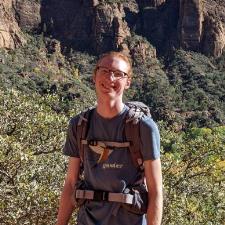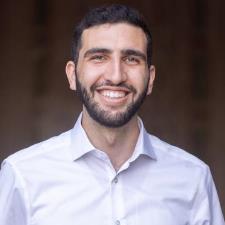
Trevor B. answered • 03/26/22
Down-to-earth and here to help
Power is about having control or inherent advantages over another person, group, or other entity. A power dynamic is defined by its relation to the dominated, and if that relation were to not exist, then the concept of power would be voided.
I say inherent with a grain of salt, because having power is both innate and artificial to humans. For example, it is true that there is a natural power dynamic between predator and prey. Some animals dying for the benefit of others is a fundamental aspect of the cycle of life, but when you remove biological processes from the equation, power is created within the cultural and social aspects of humans.
Oftentimes, power is a result of ongoing histories of inequality, hegemony, colonialism, racism, and exploitive capitalism. These systems continue to perpetuate in society, governments, individuals, and institutions on a daily basis. For example, universities in America often have a large cost associated with them, and it is traditional that a public or private 4 year university will require loans, grants, or scholarships. This creates an institutionalized power that is inaccessible to those without the money to attend. In other words, power is gained when others seek to exploit economic, social, or political means and maintained through systems that normalize these realities and paradigms in everyday encounters.
Destroying power is easier said than done, because it is often ingrained into systems that we are involuntarily a part of. It is better to think about reforming the situations and philosophies that create power inequalities in the first place. There's a saying that goes along the lines of: "are you treating the symptoms or the disease?" A disease creates symptoms, but when applied to culture and power/practice theory, this relation becomes reversible. Systems are created and maintained through everyday affects, and everyday affects work within the system. This creates a cyclical maintenance of whatever is inputted. So if you want to "destroy" power, you have to input ideas, actions, and behaviors that dismantle the systems that are already in place. There are many examples of this throughout history and continue to happen contemporarily. Just think of any act of civil disobedience, any book against the status quo, any learning about slavery or colonialism or capitalism.
This isn't a full discourse on power by any means, but I hope it works enough to answer your questions!
see more: Antonio Gramsci on Hegemony, Michel Foucault on Power Relations, Sherry Ortner on Practice and Power
^ this is not an exhaustive list, but some places to get started




